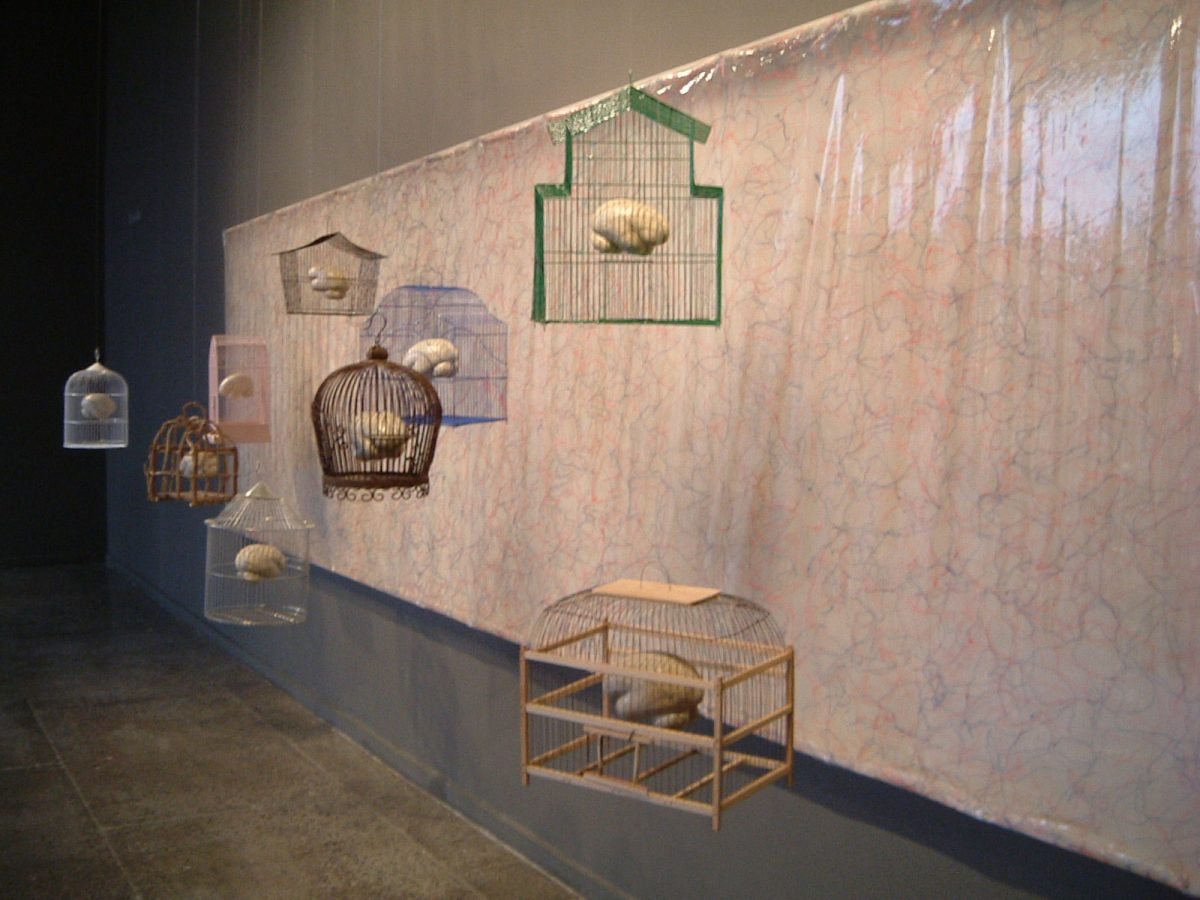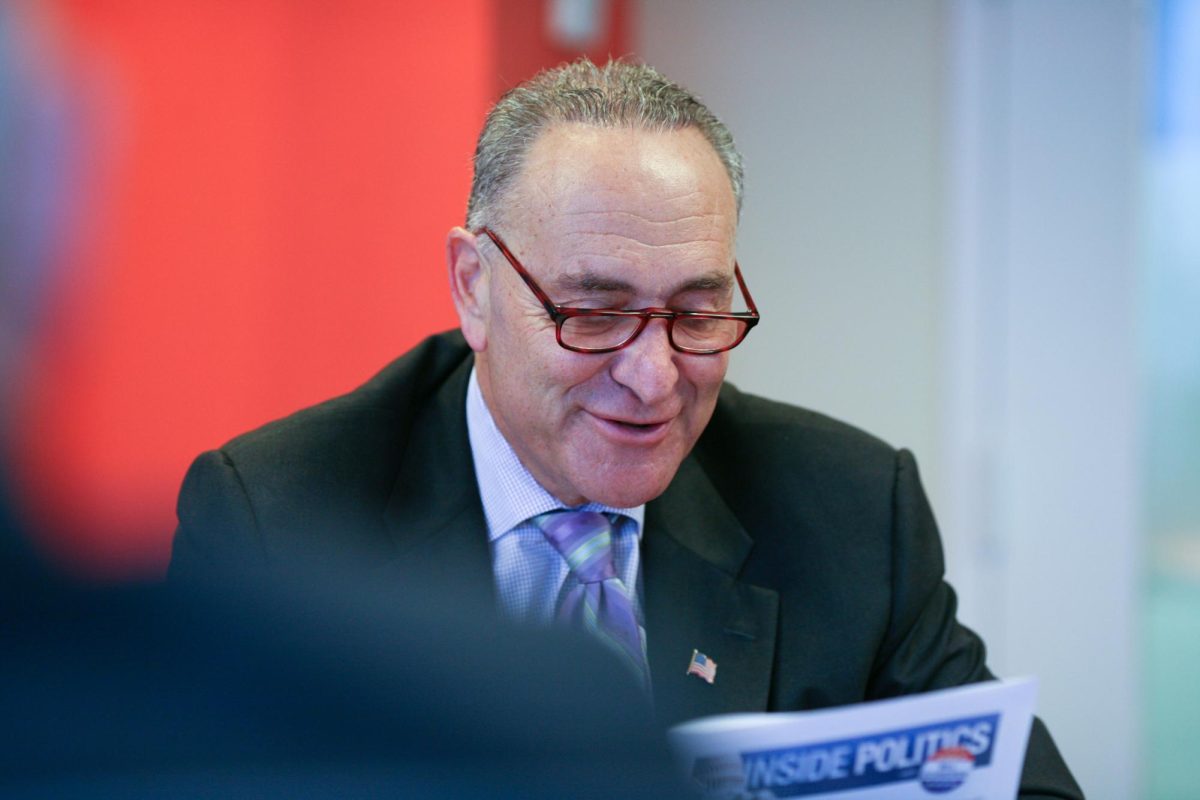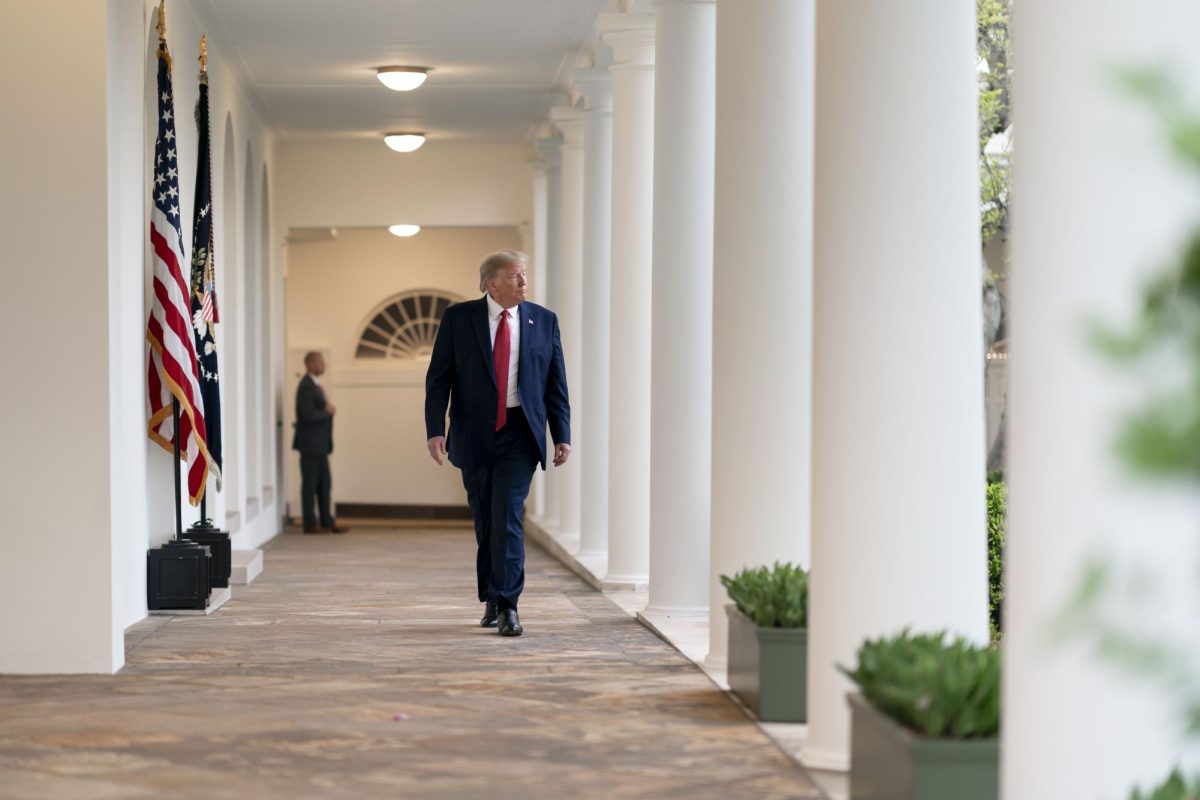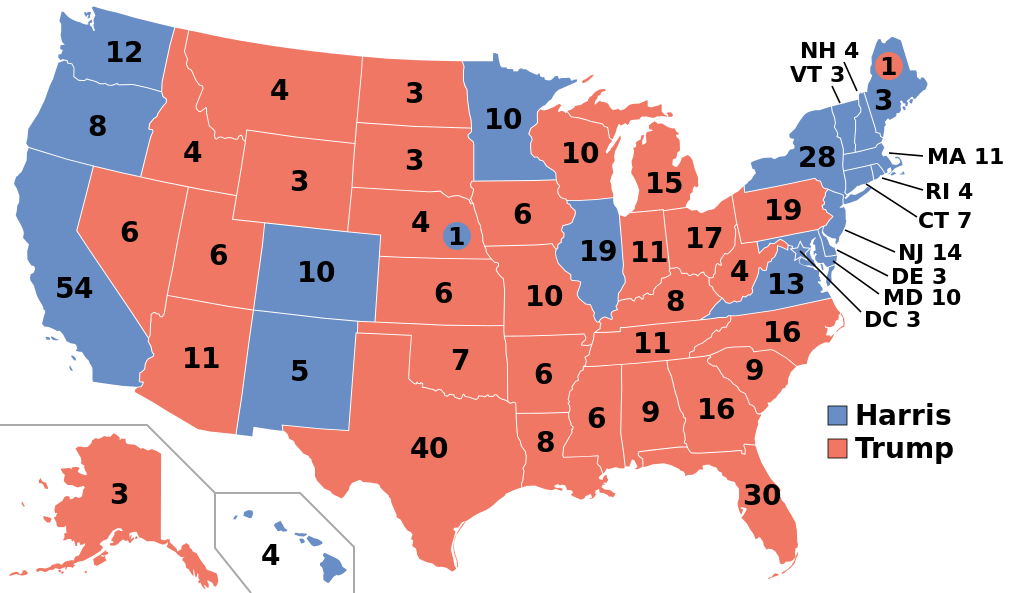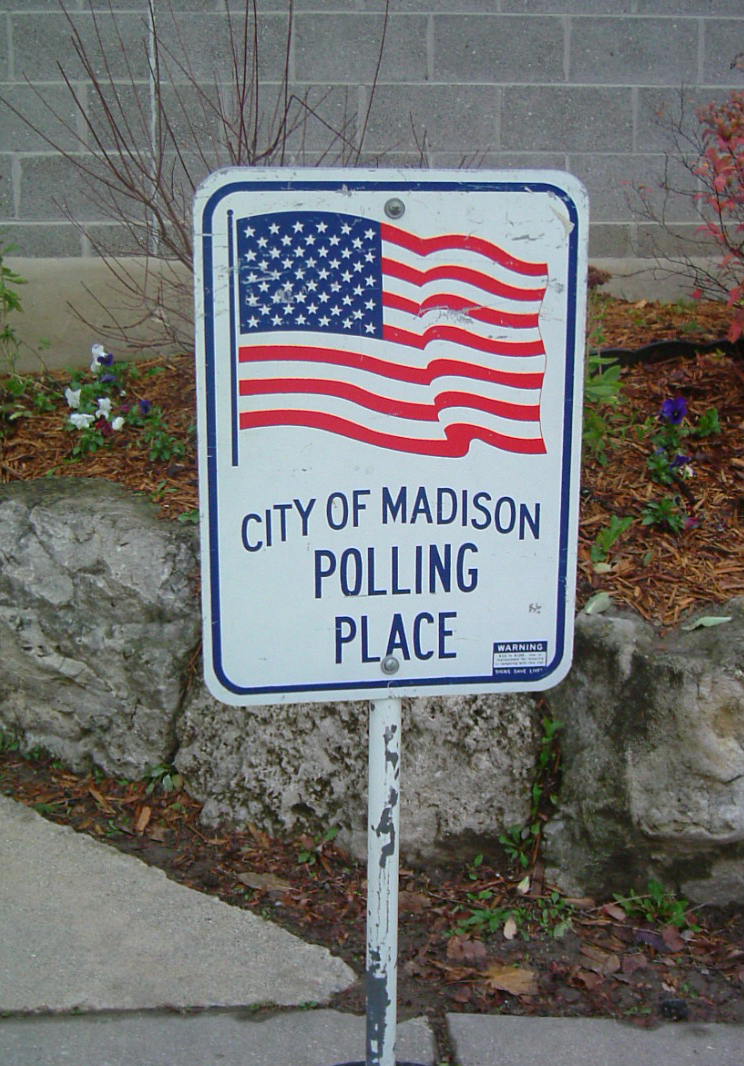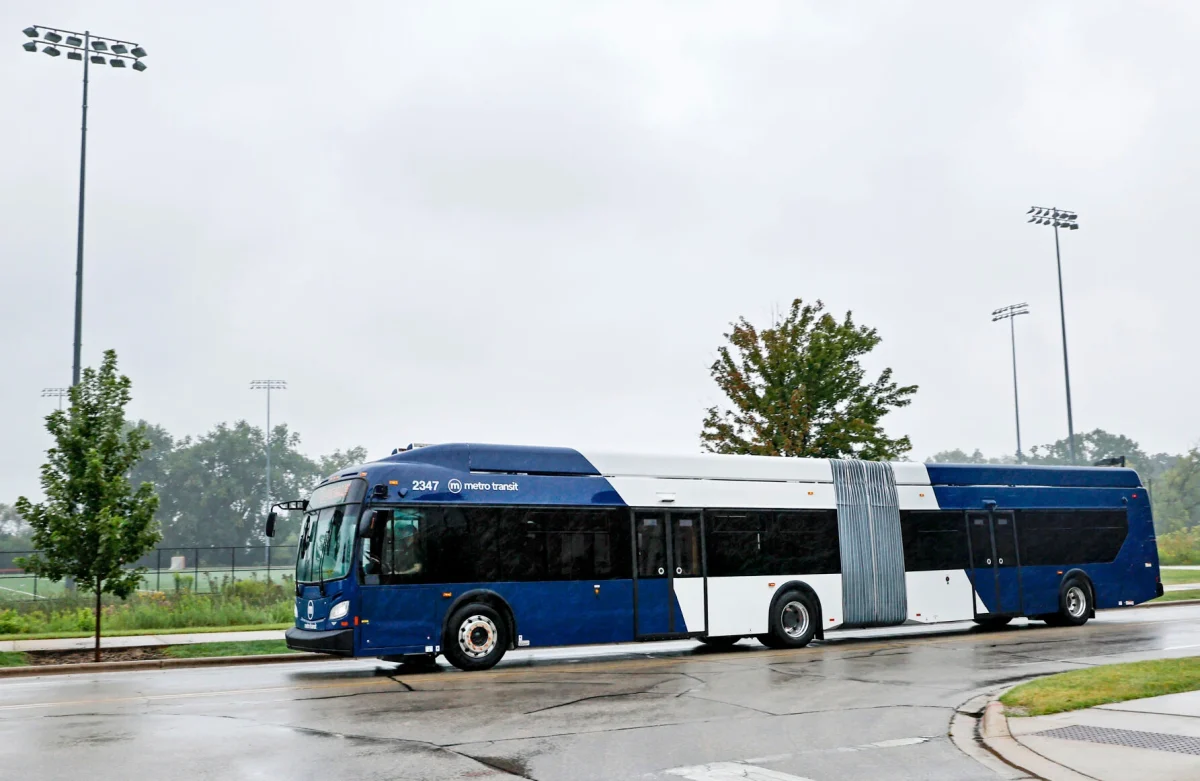MMSD Board of Education Votes in Support of Specific Water Access Policy Language
October 9, 2022
On September 29th, the MMSD Board of Education (BOE) voted in support of specific language regarding water access. The general policy, which includes health-related topics such as nutrition, physical activity, school climate, and health services, was passed prior to the voting on the water-specific amendment, which passed with a voting turnout of 4-3.
The language includes specific requirements regarding location and number of water bottle filling stations. The standards include:
- At least 1 water bottle filling station per 200 building occupants
- At least 1 water bottle filling station on each floor and wing of each building
- At least 1 water bottle filling station located in or near gymnasiums, outdoor recreation spaces, and other high-traffic areas
These standards were proposed by Healthy Kids Collaborative and their coalition of community members, which consisted of parents, students, and representatives of other health-related organizations. Community input was instrumental in the successful amendment change. Throughout the year, advocates worked hard to contact school board members and ask for their support, attend and speak at BOE Work Group Meetings, promote and sign a petition, and get other MMSD community members involved in the advocacy project. “Community engagement on this issue was amazing,” said Shawn Koval, Healthy Schools Coordinator at Healthy Kids Collaborative. “I want to thank School Board members for listening to community voice and prioritizing equitable access to water.”
This policy change will give rise to many improvements. First, a water access policy ensures that students will have equitable access to water in the future, independent of who serves on a school’s administration or the BOE. Secondly, district staff will review the documents for policy and procedure, which will increase transparency and awareness of policy logistics. Finally, the advocacy process reached a wider range of audience because Spanish interpreters were included in the BOE meeting.
School board members thanked the advocacy coalition for putting in the effort to advocate for the health of the school community. President Ali Muldrow acknowledged the importance of policy writing. “What we’re really trying to get at is a policy that is as strong and as transparent as possible,” Muldrow said. “The most important thing a body of governance does is pass policy; administrations come and go, board members come and go, policy sticks around.”






























